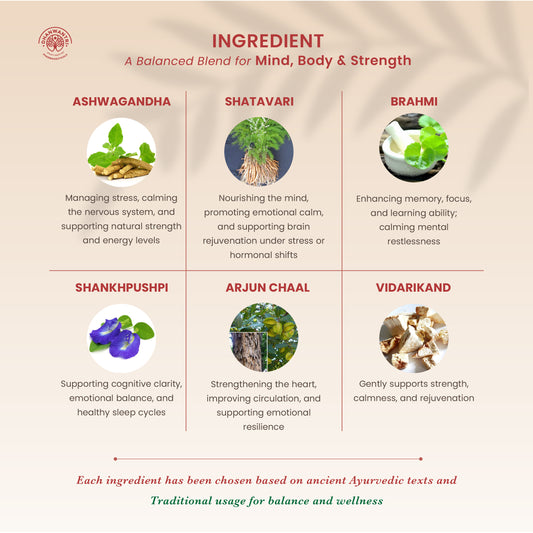How to Maintain Your Mental Health
In today's fast-paced world, maintaining mental health has become more crucial than ever. With increasing pressures from work, social life, and personal aspirations, it is easy to overlook the importance of mental well-being. Here, we'll explore practical steps you can take to ensure your mental health stays in top shape.
Prioritize Self-Care:
Self-care is the foundation of mental health. It involves activities that promote your physical, emotional, and psychological well-being. Here are some self-care practices.
Sleep: Aim for 7-9 hours of quality sleep each night. A consistent sleep schedule helps regulate your mood and cognitive function.
Nutrition: Eat a balanced diet rich in fruits, vegetables, lean proteins, and whole grains. Avoid excessive caffeine and sugar, which can affect your mood and energy levels.
Exercise: Engage in regular physical activity. Exercise releases endorphins, which are natural mood lifters. Aim for at least 30 minutes of moderate exercise most days of the week.
Stay Connected:
Human beings are inherently social creatures. Maintaining strong, supportive relationships is vital for mental health.
Social Interaction: Regularly connect with friends and family. Whether through phone calls, video chats, or face-to-face meetings, social interaction helps combat feelings of loneliness and isolation.
Community Engagement: Participate in community activities or volunteer work. Being part of a community provides a sense of belonging and purpose.
Manage Stress:
Stress is a common part of life, but chronic stress can take a toll on your mental health.
Here are ways to manage it:
Mindfulness and Meditation: Practice mindfulness or meditation to stay grounded and present. These techniques can reduce stress and improve your overall well-being.
Time Management: Organize your time effectively. Prioritize tasks, delegate when possible, and take breaks to avoid burnout.
Relaxation Techniques: Incorporate relaxation techniques such as deep breathing exercises, progressive muscle relaxation, or yoga into your routine.
Therapy:
Consider therapy or counseling if you're struggling with mental health issues. Therapy can provide you with tools to cope and thrive.
Medication: For some, medication prescribed by a healthcare provider can be an essential component of managing mental health conditions.
Support Groups: Join support groups for individuals facing similar challenges. Sharing experiences can provide comfort and reduce feelings of isolation.
Engage in Meaningful Activities:
Engaging in activities that bring joy and fulfillment is crucial for maintaining mental health.
Hobbies: Pursue hobbies and interests that you are passionate about. Whether it's painting, gardening, reading, or playing music, hobbies provide an outlet for creativity and relaxation.
Learning and Growth: Continuously seek opportunities for personal and professional growth. Learning new skills and setting goals can boost your confidence and sense of achievement.
Limit Negative Influences:
Certain behaviors and environments can negatively impact your mental health. Identify and limit these influences:
Social Media: Use social media mindfully. Limit time spent on platforms that trigger negative emotions and follow accounts that promote positivity and well-being.
Toxic Relationships: Distance yourself from relationships that drain your energy or harm your self-esteem. Surround yourself with supportive and uplifting individuals.
Negative Self-Talk: Challenge and reframe negative thoughts. Practice self-compassion and positive affirmations to build a healthier self-image.
Establish Healthy Boundaries:
Setting boundaries is essential to protect your mental health. Learn to say no to commitments that overwhelm you and create a balanced life.
Work-Life Balance: Strive for a healthy balance between work and personal life. Make time for relaxation and activities that recharge you.
Personal Boundaries: Communicate your needs and limits clearly to others. Healthy boundaries prevent burnout and maintain respectful relationships.
Conclusion:
Maintaining mental health is an ongoing process that requires attention and effort. By prioritizing self-care, staying connected, managing stress, seeking professional help, engaging in meaningful activities, limiting negative influences, and establishing healthy boundaries, you can foster a resilient and vibrant mental state. Remember, it's okay to seek help and take the time you need to care for your mental well-being.





